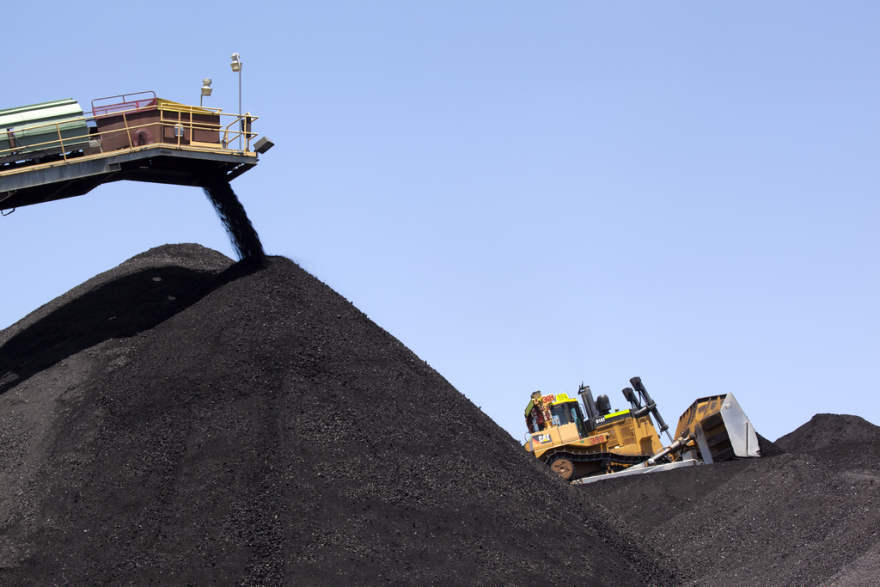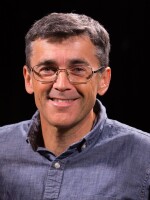The U.S. Department of Labor announced Wednesday stronger coronavirus safety guidance intended to keep coal miners safe from COVID-19 in the workplace. However, the Labor Department’s Mine Safety and Health Administration stopped short of issuing an emergency standard — as the mine workers’ union had requested — and instead kept to voluntary guidelines.
“This updated guidance provides U.S. mine operators with important recommendations for protecting miners from coronavirus,” Principal Deputy Assistant Secretary for Mine Safety and Health Jeannette Galanis said in a statement.
The guidance includes a hazard assessment of mines, measures to control viral spread, and company policies that do not punish miners who speak up about potential hazards or those who must miss work in order to quarantine.
Workplace safety experts had warned early in the pandemic that coal miners would likely be at higher risk of coronavirus infection, due to the confined quarters of many mine settings, and that many miners could be vulnerable to serious illness from COVID-19, due to the high prevalence of lung disease among miners who are exposed to coal and rock dust.
Under the Trump administration, MSHA declined in August to implement an emergency temporary standard for COVID safety in mines. The agency argued that existing standards were sufficient, and that places with the highest number of working miners, such as West Virginia, had relatively low rates of coronavirus infection.
On the first full day of his presidency President Joe Biden signed an executive order requiring the Labor Dept. to “consider whether any emergency temporary standards on COVID-19” were required for mines and other workplaces.
In a conference call Wednesday with stakeholders, Labor Dept. officials indicated a decision from the Occupational Safety and Health Administration would be coming soon regarding emergency standards. Officials also stressed that the new guidelines for COVID precautions in mines, while voluntary, are more specific, far-reaching, and practically applicable than what existed during the previous administration.
However, the United Mine Workers of America said in a statement that “much more needs to be done,” and encouraged MSHA to “quickly issue an enforceable standard that applies to all mines and miners.”
“Thousands of our members were exposed to the virus at work, hundreds contracted it and took it home to their families, and some died,” UMWA President Cecil Roberts said in the statement. “Much of that would have been prevented had the previous administration put worker safety first.”
MSHA does not require mine operators to report coronavirus cases among employees, and thus lacks a comprehensive list of how many coal miners test positive or fall ill. The agency does keep a list of the mines that voluntarily report cases. A Labor Dept. spokesperson said that as of March 6, MSHA was aware of 535 mines that had reported instances of COVID-19. That is nearly three times the number reported in August.
Biden campaigned as an advocate for workers and an ally of organized labor, and the lack of regulatory action on COVID safety in the workplace could become a stress point in the administration’s relationship with unions.





